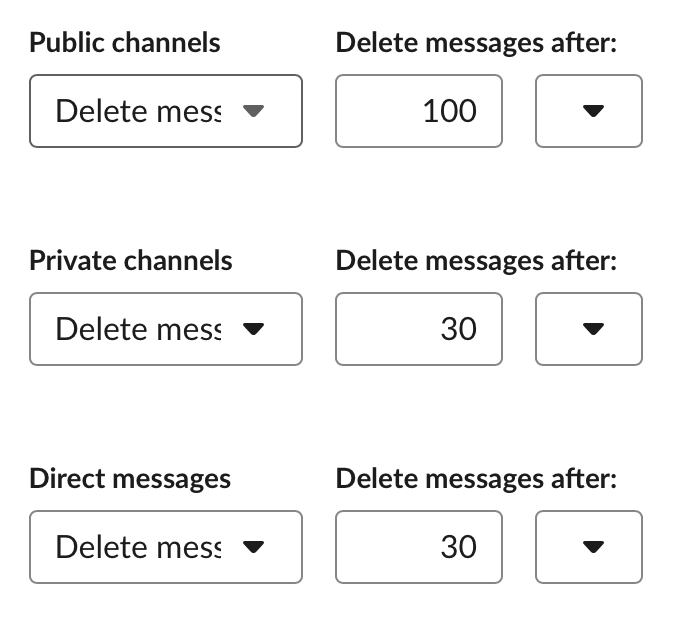I'm increasingly convinced the idea that you have to niche down does more harm than good. You need to be able to test tons of ideas freely and quickly since most will not work out. But you can't do that if you put yourself into a box prematurely.
them: "focus on one project" me: "yea, no thnx" @dvassallo: "yea, no thnx" @djbaskin: "yea, no thnx" @stepocampbell_: "yea, no thnx" @levelsio: "yea, no thnx" @excid3: "yea, no thnx" @girdley: "yea, no thnx"
Chasing investor money isn’t for everyone. I bootstrapped my business to $25M in revenue and a $100M+ acquisition. Here’s how you can build from nothing, too. A thread 🧵

- Not super relevant to software tbh, but the book might be worth reading.
We nuke messages after 30 days in DMs/private channels and 100 days in public channels. Slack is an antipattern. pic.twitter.com/FgLDwCYZLG twitter.com/swyx/status/13…


- "Slack is an anti-pattern"
The more layers there are between customer feedback and developers, the worse this experience gets. pic.twitter.com/e0WMKitYrX
Working on a solo project, it's so refreshing to be able to just decide that some "tiny UX detail" really matters, and to spend unreasonable effort on it Often hard to justify this kind of decision on a team, even a high-functioning one where people understand design
Software is eventually upstream of everything: money, media, medicine, and manufacturing. Crypto, info, bio, robo. So if you're good at software you can win in any sector. This has been obvious since @pmarca's 2011 essay, but the implications still haven't been fully digested.





